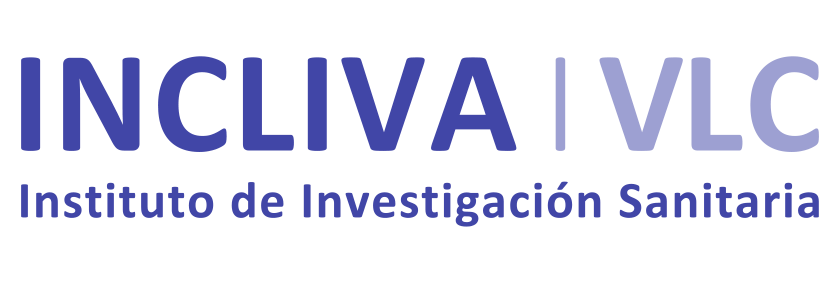CIPROM/2021/082
PROMETEO

This project involves studies both in animal models of hyperammonemia, steatohepatitis and MHE and in patients with NAFLD or cirrhosis. The general aims are:
Identify the mechanisms leading to cognitive and motor impairment in MHE.
Assess the contribution of hyperammonemia and peripheral inflammation to the mechanisms of previous point.
Identify which processes are involved in the transmission to brain of peripheral alterations
Identify targets to reverse cognitive and motor impairment
Design and assess in rats with hyperammonemia and MHE new treatments to reverse cognitive and motor alterations.
To better characterize the neurological, cerebral, immunological, metabolic, in microbiota and in exosomes alterations associated with appearance of cognitive and motor impairment in patients with MHE or NAFLD
Study the underlying mechanisms and use this knowledge to identify and evaluate new earlier and more sensitive diagnostic procedures for cognitive impairment associated to chronic liver diseases.
Identify gender differences in the above objectives
Groups participating in Prometeo







